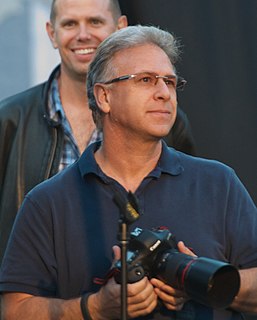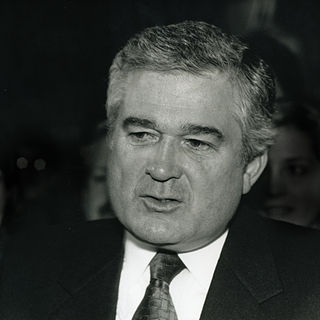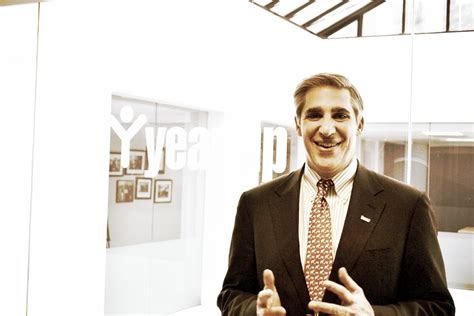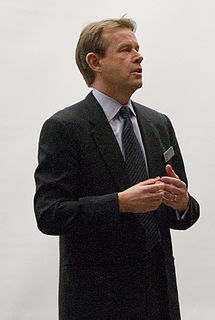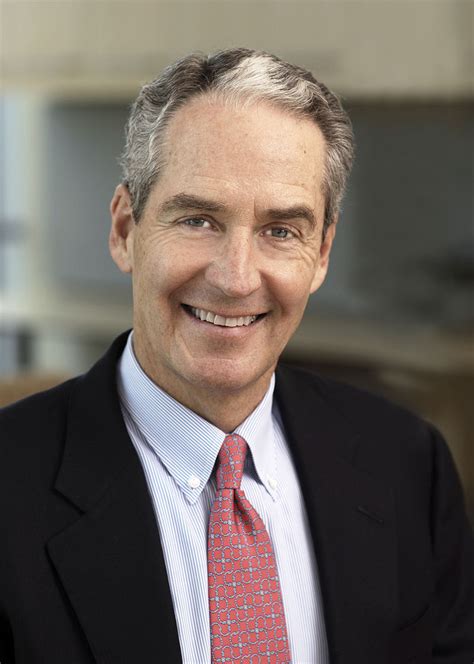A Quote by Walt Mossberg
Our lives and our culture have been significantly changed and improved by hardware, software, and services developed by immigrants.
Related Quotes
Our new immigrants must be part of our one America. After all, they're revitalizing our cities, they're energizing our culture, they're building up our economy. We have a responsibility to make them welcome here, and they have a responsibility to enter the mainstream of American life. That means learning English and learning about our democratic system of government. There are now long waiting lines of immigrants that are trying to do just that. Therefore, our budget significantly expands our efforts to help them meet their responsibility. I hope you will support it.
I love the fact that Satya Nadella's checked the checkbox for cross-platform for a number of our services. I still think it's very important to do the right kind of innovative integration across Windows and our hardware platforms with our cloud services. I think the company's doing a lot of good stuff. Real competition in AWS. Real competition in terms of the clients, particularly from a hardware perspective, there's also [competition] from Chrome. But all in all pretty good.
In my view, immigrants today aren't any different from immigrants who have come to America throughout our nation's history. They bring new ideas, an entrepreneurial spirit and close family ties. They place a high value on education. And they are eager to achieve the American Dream. ... It's to our benefit to keep our doors open, and to keep enriching our economy and culture. I'd like to see America continue to do so.





